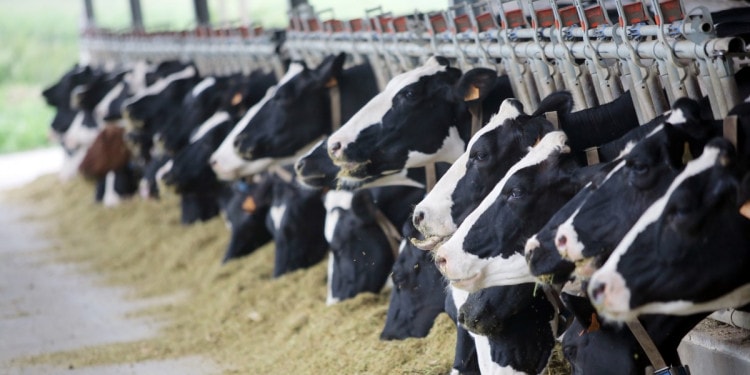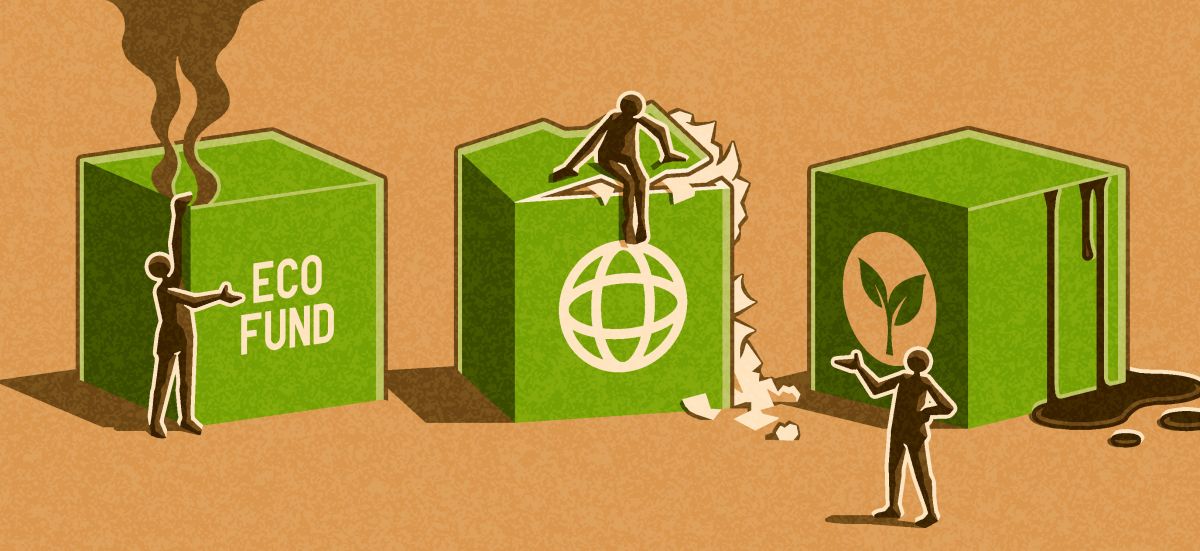Warning: Graphic Photos Within
According to Sentient Media, for just land animals alone, greater than 150 million animals are killed daily. From this fact, 56 billion land animals will be slaughtered each year. This is not even including the millions of fish caught and killed each year. Given these statistics, it is not surprising that the vegan population is increasing on a global scale, and with it, a growing responsibility to share the facts about these lifestyle choices. However, these choices are often met with hostility and defensiveness, something that is not easy to deal with daily. As such, these intense animosities can even cause one to question just how they would deliver and/or accept the message of veganism
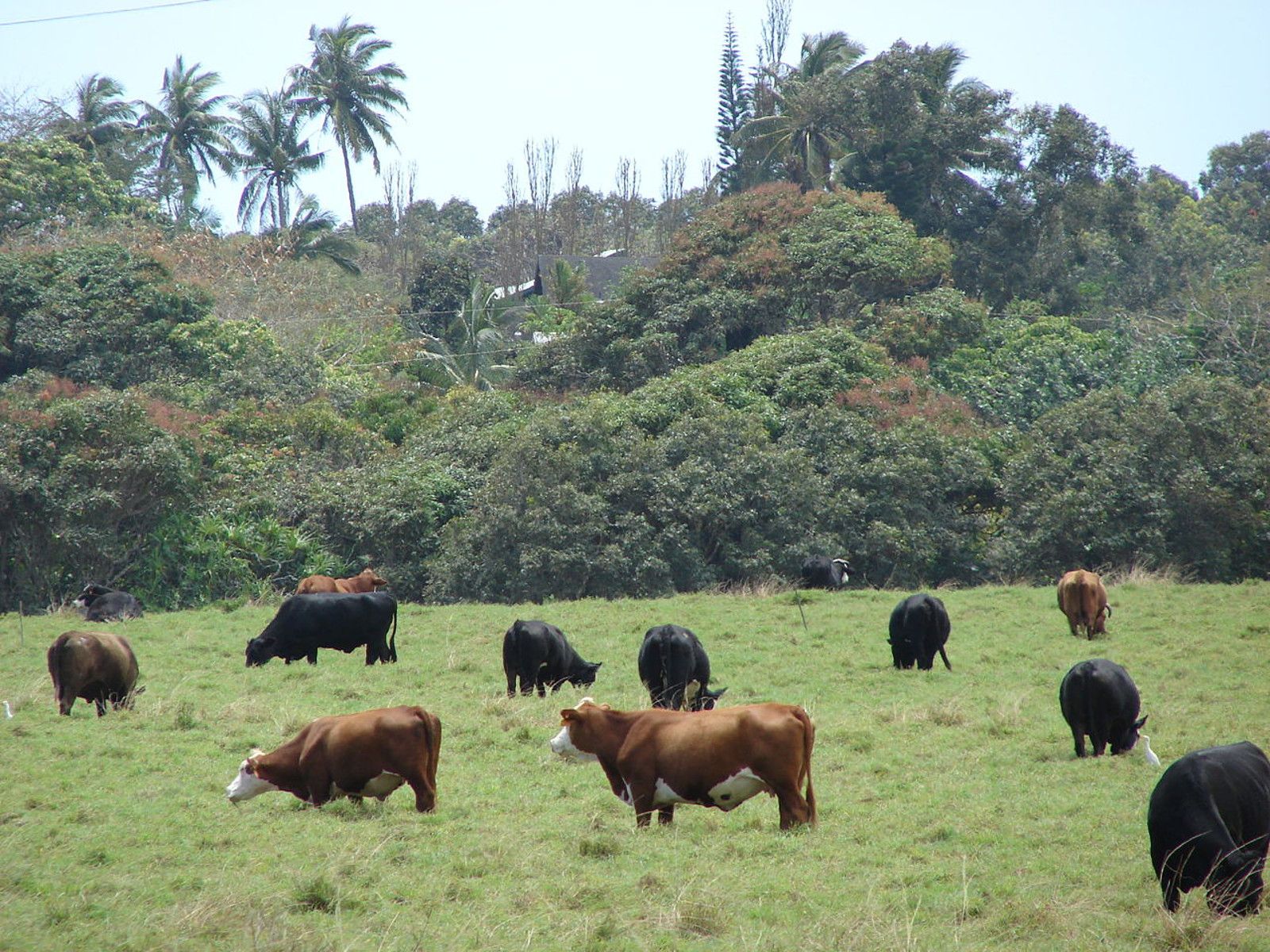
In the Photo: Cow Livestock / Photo Credit: Pintrest
PETA, the People for the Ethical Treatment of Animals, defines a vegan as one who does not consume animal-based products, including but not limited to meat, dairy products, eggs, or honey. A vegan diet can (and should) be full of a wide variety of delicious and nutritious foods, such as vegetables, grains, nuts, legumes, seeds, and fruits. Additionally, many vegans abstain from wearing leather, fur, silk, or wool since these are also products taken without the consent or awareness of the animals providing them. Many vegans even refuse to support commercial products that are made with animal ingredients, products – such as some wines, beers, and white sugars – that are filtered using animal parts, and animal tested products. Essentially, vegan fashion is animal-free fashion.
While there are varying statistics over the number of vegans worldwide, it is undeniable that veganism is on the rise. For instance, from a group of Americans ranging from their mid 20s to their mid 30s, nearly 25% will identify as vegan or vegetarian.
Despite this fact, societal pressure to eat meat and other animal products is insurmountable. Coming out as a vegan is not an easy thing to do. One, there may be the initial difficulty in rearranging your diet. Two, there is the hindrance of dealing with the opinions of those who may purposefully illicit irritation over your decision to “go vegan”. Third, there are, at times, emotional repercussions or frustrations over the fact that animal cruelty and mass consumption continue to occur.
Simply put, many do not want to hear the benefits – both individual and environmental – of veganism. For instance, if done properly, a vegan diet can lower both blood sugar as well as arthritis pain. From an environmental standpoint, a vegan diet not only reduces an individual’s carbon footprint by nearly 75%, but helps lower dependence on animal agriculture.
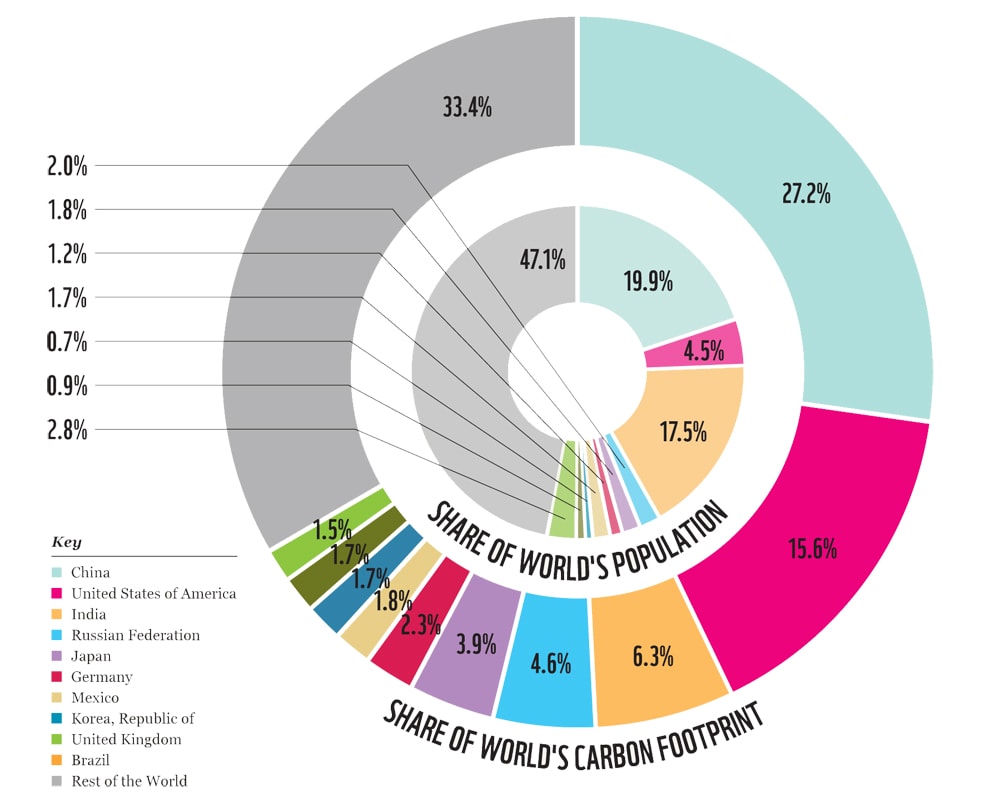
In the Photo: Worldwide emissions of carbon based on global population percentage / Photo Credit: Global Footprint Network
While some may criticize veganism as excessive or – ironically – overkill, oftentimes, it is as simple as saying “no thank you” to a meat dish at the dinner table. With this one act, there is a ripple effect of positive reactions.
Some may question, maliciously or ignorantly, about the reason behind a vegan’s choice not to eat meat. Ignorance is bliss, and people prefer to turn a blind eye to the truth behind animal cruelty, particularly that of the slaughterhouse and dairy farm industries. More than 100 million pigs and turkeys are born and raised on farmhouses, only to die almost immediately after reaching maturity. Sometimes even prior to. Although ignorance is the preferable option over those who are proudly and boastfully self-proclaimed “human carnivores”.
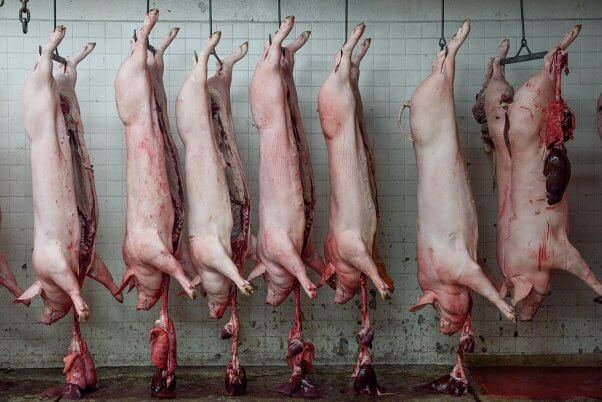
In the Photo: Pigs Hanging at a Slaughterhouse / Photo Credit: PETA
In order to spread vegan messaging, it may not be enough to say that you do not eat meat because it disagrees with you. While easier in terms of not having to defend your diet, the importance of veganism fails to be conveyed. Veganism is more than just a dietary option for humans, it is a potential method to fight against the global food crisis. It is already common knowledge that there is an imbalance in food distribution, and although there is an expectancy that countries with a surplus can provide for those with a lack of access, this may not be a viable or long-term option. Thanks to climate changes such as global warming and the superfluous abundance of animal agriculture, humanity’s impact on the Earth may be irreversible. At this point, more so than any emotional appeal or impact, veganism is a sustainable practice for a largely unsustainable population.
Being a committed vegan means being on the defense for animals and for all life itself, the Earth included. Giving a voice to the voiceless can be a deep, lonely, and long journey where one must be strong, steadfast, and brave. Even with the newfound commercial interest in veganism through advocacy products like Barbara’s Peanut Butter Puffins or, oddly enough, Pillsbury Crescent Rolls, it is not always easy to maintain a vegan lifestyle.

In the Photo: Pillsbury Crescent Rolls – a vegan food product / Photo Credit: Pillsbury
The difficulty does not stem from the diet or lifestyle choices, but from societal pressures and ignorance. Sometimes even blatant antagonism. Being a vegan means making a commitment to the animals and the environment by promising not to contribute to their suffering in any way, whether it be through food or fashion. This is a big job, and it is important to give thought to how you will deliver your message. Whether the reason behind a vegan life be personal, religious, environmental, or even just because, stay true to your choices and stay strong.
Along the way, seek new vegan friendships through groups like Vegans United or My Vegan Dreams, so as to feel part of a larger community. If you also have a vegan business, consider an expert help from a site like https://veganmainstream.com/ and let them assist you with the promotion of your vegan business or products. Be courageous. Be smart. But most importantly, stay true to your decision to go vegan despite the heavy obstacles you may meet.
“Food Waste And All The Symptoms Of Unsustainable Food System” by Diletta Parente
“How Personal Gardens Can Halt The Climate Crisis” by Matthew Lovett
“Vegan Gone Viral” by Jessica Saade
EDITOR’S NOTE: The opinions expressed here by Impakter.com columnists are their own, not those of Impakter.com.


